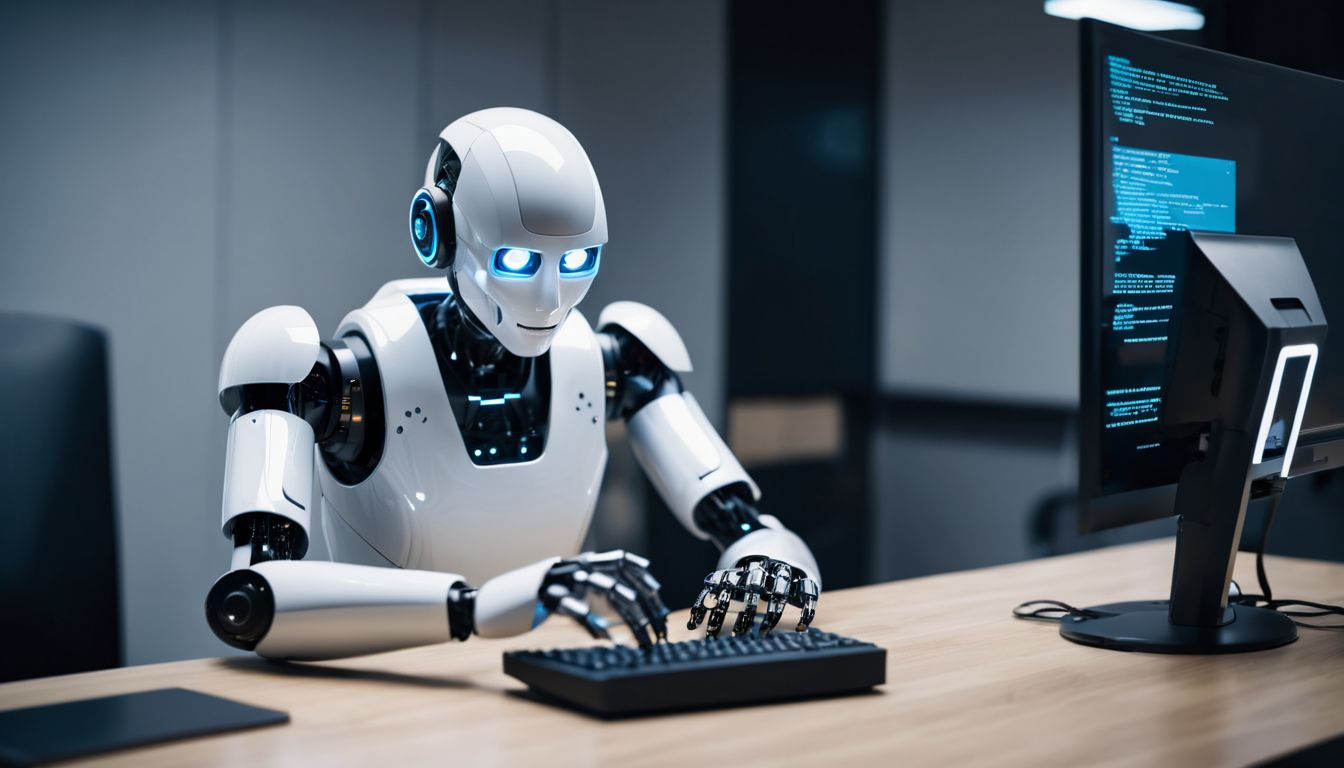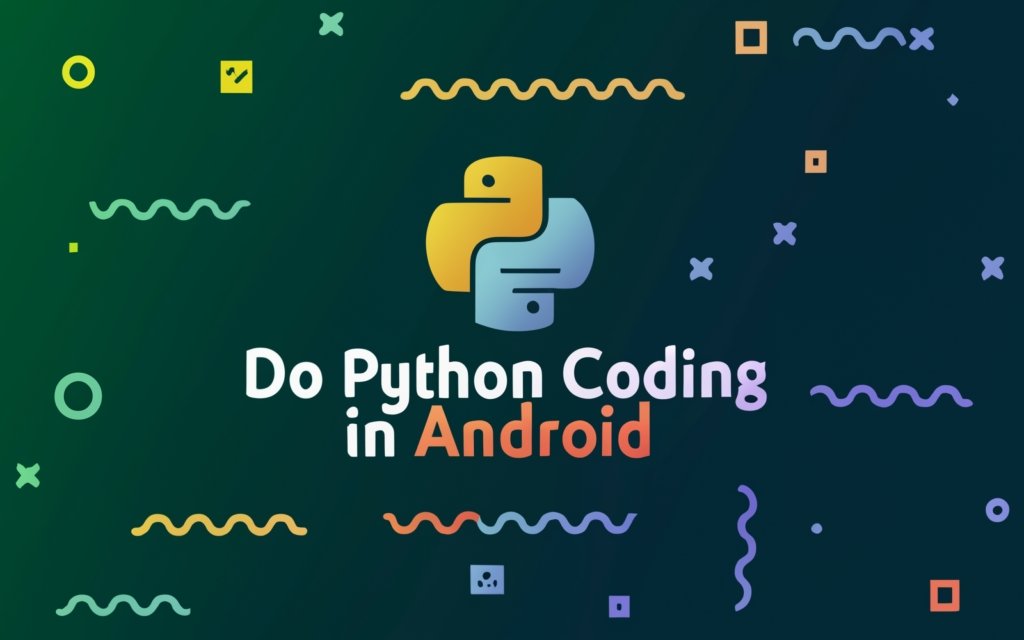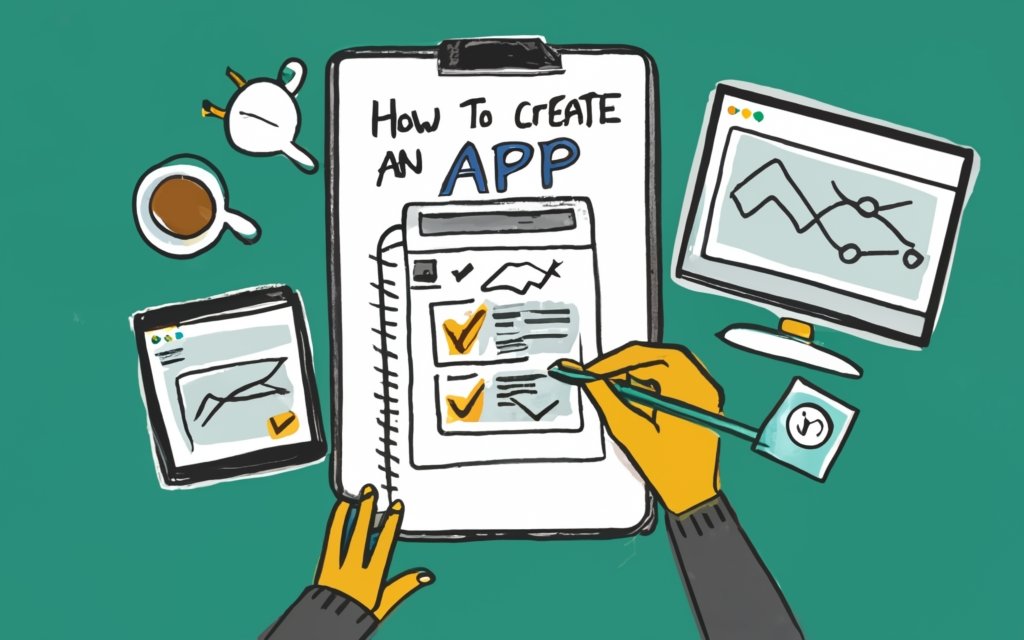App development has come a long way in the past few years. What started as basic utility programs have turned into complex, intelligent apps that we now use every day for everything. I think a big reason apps keep getting smarter is because of innovations in artificial intelligence (AI) and machine learning. These groundbreaking technologies are totally revolutionizing how we create, test and update mobile and web applications.
AI Makes Apps More Intuitive and Responsive
One major impact AI is having on app development is the ability to make apps more intuitive, responsive and “human-like.” By integrating machine learning and neural networks, developers can now build apps that understand natural language, interpret images or videos, predict what a user wants to do next, and respond to questions or commands appropriately.
For example, shopping apps can look at your browsing history and make eerily accurate product suggestions. Rideshare apps can estimate arrival times taking into account real-time traffic data. Fitness apps can put together customized workout routines based on your current fitness level and health goals. The possibilities for creating intelligent apps using AI are endless.
AI Automates the Less Exciting Parts of App Building
As a developer, I know first-hand that a lot of app development involves mind-numbing repetitive tasks—writing boilerplate code, preparing documentation, fixing bugs, testing features over and over again. We end up spending more time on app maintenance than actually building new innovative products. AI aims to eliminate these dull tasks by introducing automation into the app creation process.
Now we have advanced AI tools that can generate code, summarize documentation in coherent notes, detect and resolve bugs, run app performance tests across parameters, analyze user feedback at scale to spot problems. All these automated processes mean developers like me can focus on what humans do best – create, innovate and come up with new solutions. For instance, Applitools uses visual AI to automate UI testing across browsers and devices in one click. Bugs that took months to catch can now be spotted and fixed instantly.
AI Can Plug the Developer Shortage
With the unprecedented demand for apps today, there just aren’t enough skilled developers out there. Companies are struggling to recruit and retain talent. Some estimates say there is a global shortfall of over 1 million software professionals. However by integrating AI coding assistants into the development process, businesses can overcome this talent crunch to an extent.
Sophisticated code generators powered by AI can write logical code snippets on the go with minimal errors. Cloud-based development platforms automate routine coding work. Bots can point out weak spots in the source code and suggest fixes based on programming best practices. This allows companies to build reliable apps even with less skilled developers on board. Freeing them from mundane coding frees up their creative juices for innovation.
The Future of AI in App Development
It’s clear that AI is here to stay in app development pipelines. Almost every app today leverages some application of AI or ML, even if we don’t realize it as end-users. But experts say this is still early days. As researchers build even more advanced neural networks, AI will transform three main areas of app building – understanding users, rapid prototyping and predictive maintenance.
Cutting-edge AI trackers will provide deep insights from user behaviour analytics. Hyper-customized notifications, predictive search results, and personalized discounts will be par for the course. No-code AI platforms will allow non-technical people to easily prototype and build apps themselves. AI-based continuous testing will make app maintenance failure-proof by enabling real-time bug detection and fixes.
The next wave of AI-powered apps promises to blow our minds. Both big tech firms and startups are investing heavily in AI to gear up for the future. We, developers, will have to skill up in AI but focus more on creativity and innovation to build the next generation of intelligent apps. Exciting times ahead!



